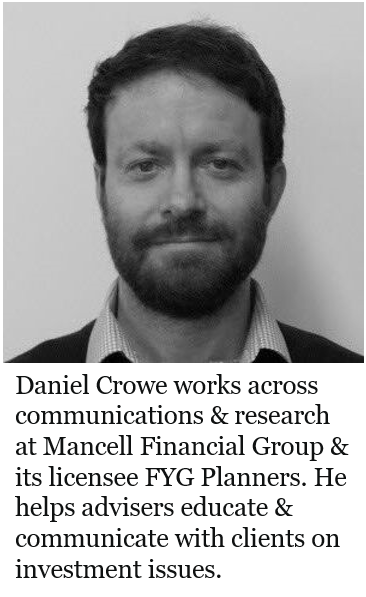An absence of good health and an absence of good finances means an absence of choice. For most people that will mean their health and their finances will be some of the most important priorities in their lives. This puts doctors and financial advisers at the frontline of diagnosing problems and offering solutions to lead healthier and wealthier lives.
It can also put them on the front line for addressing misinformation. Misinformation is not new, quack cures and financial scams have been with us for a long time and disseminated since the early days of the printing press. The internet and social media have added a new dimension by sheer volume and targeting. Show an interest in a topic and a site’s algorithm will begin showing you more of it.
A recent qualitative interview study was done with healthcare practitioners in the UK. It looked into how doctors and nurses were dealing with misinformation post pandemic. It found misinformation affects patients’ decisions to follow a treatment or guidance prescribed to them. There might be a general feeling the pandemic has led to an increase in misinformation, but those interviewed suggested misinformation isn’t a new phenomenon in healthcare and they’ve long dealt with it.
The reasons someone might follow misinformation were greater access via something such as google, their own personal beliefs or cultural reasons, or getting advice from a different authority figure in their life they trusted – in some cases this was a political influence!
There were also certain reasons they’d be less likely to trust their healthcare practitioner. They were more trusting of information on social media, not satisfied with the healthcare practitioner’s experience, or doubt whether the information they were being told by the healthcare practitioner was up to date.
There are some implications for a patient’s health here if they don’t follow a plan, just as there are implications for someone’s financial health if they don’t follow their financial plan. There is a slight difference with financial advice. While the average person may be able to google diagnose themselves, they can’t prescribe themselves medicine or ask a family member to perform surgery! Investors who take ad hoc advice or go around their adviser to do things themselves can be an unwitting danger to their finances.
Read the full “Information Health & Hygiene” post
This represents general information only. Before making any financial or investment decisions, I suggest you consult a financial adviser to take into account your personal investment objectives, financial situation and individual needs. Anyone looking to build a portfolio should seek financial advice to find out which strategy is right for them, if you are a looking for a financial advice in Canberra, MFG now have an office covering the region. They can help you identify your goals and put in place a reliable strategy to pursue them.


